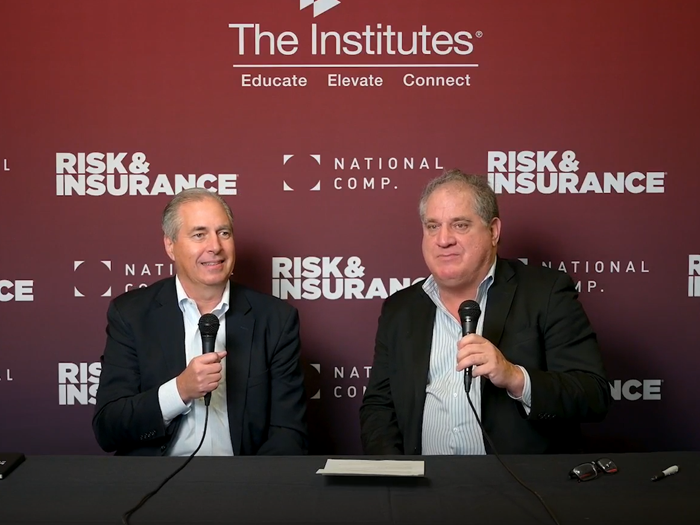The Law
Basic Reparation Benefits Denied for Car Salesman After Auto-Related Injury

Mark Micatrotto, a vehicle salesman for Motorvation Motor Cars in Lexington, Ky., was busy at work when an automobile backing up on the lot quickly came his way. To avoid getting hit, Micatrotto alleged he jumped out of the car’s path, tripped over the curb and suffered an injury. He filed for basic reparation benefits (BRB) through Motorvation’s insurance carrier Grange Mutual Casualty Company.
However, because the automobile never made contact with Micatrotto, Grange Mutual refused to pay BRB.
Micatrotto sued Grange Mutual, seeking $10,000 for the insurer’s “improperly denied payment of BRB.” Grange Mutual countered, filing a motion for summary judgment, that Micatrotto was not entitled to BRB.
Per Kentucky law, argued Grange Mutual, BRB allows up to $10,000 in payments only when a person is injured in an automobile accident. Micatrotto was never struck by the vehicle, said the insurer.
A circuit court sided with Grange Mutual, and the suit went to appellate court.
There, Micatrotto argued the circuit court mistakenly awarded summary judgment to Grange Mutual. He insisted that, because his injuries stemmed from the use of an automobile, he was entitled to full BRB as a pedestrian.
The court was tasked with defining the nuances of the Kentucky BRB law. The statute broadly states that any person who suffers an injury “arising out of maintenance or use of a motor vehicle” is entitled to BRB if the accident happened within the state.
The court dissected the phrase “use of motor vehicle,” deciding it meant the “utilization of a motor vehicle … including occupying, entering into, and alighting from it.” Further, “if the injured person is a pedestrian, the security covering the vehicle which struck such pedestrian” is responsible for BRB.
In the end, Micatrotto conceded the vehicle had never struck him. The court ruled he was not entitled to BRB.
Scorecard: Mark Micatrotto will not receive basic reparation benefits after a car barely missed him. Grange Mutual is off the hook.
Takeaway: State laws vary. Sometimes a law can benefit the insurer and sometimes the law can lead to taxing court battles. Best practice is to keep on top of legislation while issuing policies to insureds to avoid confusion.








